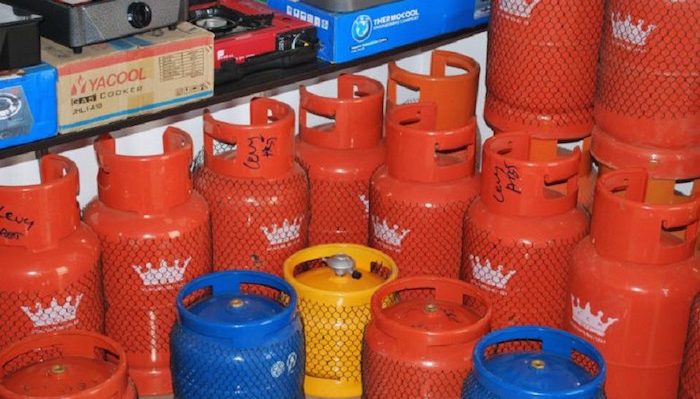… as OPEC+ is not able to intervene in the gas crisis
Nigerians who mostly depend on imported Liquefied Petroleum Gas (LPG) for domestic use will have to contend with continuous upward movement of the price of the commodity.
This is because Saudi Arabia has said any extra oil from the OPEC+ cartel would do little to bring down surging natural gas prices.
There is a serious gas crisis in Europe which is the main source of import of the commodity into the country. There is a shortage of gas and this has affected the price of the commodity upward.
The price of the commodity has moved from about N4,000 earlier in the year to about N8,000 for a 12.5 kg cylinder because of the high exchange rate which has made it almost impossible for importers to bring the commodity to the country.
About 40 per cent of the commodity is being produced in the country while the remaining 60 per cent is imported.
Some Nigerian that could not afford the price of cooking gas has turned to using charcoals as an alternative.
“We see our role as extremely limited,” Saudi Energy Minister Prince Abdulaziz bin Salman said during the CERAWeek India Energy Forum on Wednesday. “The issue is not the availability of crude oil. Even if we made it available in tons and tons, who’s going to burn it? Who is in need of it? And are they in need of crude or in need, for example, of gas?”
Gas and coal futures have soared to record highs in recent weeks amid shortages of fuels across much of Europe and Asia. Oil has also risen as some power producers switch to crude, but it’s been less volatile, thanks in part to OPEC+ committing to steady production increases.
According to Bloomberg, Prince Abdulaziz said oil demand may rise by 500,000 to 600,000 barrels a day if the northern hemisphere’s winter is colder than normal. That’s roughly 0.5% of global consumption.
Any further boost to demand may be limited because many gas-fired generators cannot switch easily to oil, which is also a far dirtier fuel.
The Organization of Petroleum Exporting Countries and its allies — a 23-nation group led by Saudi Arabia and Russia — have pledged to raise daily output by 400,000 barrels each month. Some major consumers, including the U.S. and Japan, have called on exporters to do more to lower oil prices, which are up around 65% this year to over $80 a barrel.
“The frustration is that I feel oil is being taken for a ride when the real issues are not being attended to,” the prince said.
Meanwhile, the now global energy crunch continued to support prices. Since the start of September, Brent crude has gained almost 20 per cent, according to Reuters, while West Texas Intermediate has added 21 per cent.
“Supply-demand balances show that the market is experiencing a supply deficit, which is spurring deep inventory draws and driving prices upwards,” Louise Dickson, senior oil markets analyst at Rystad Energy, told Reuters.
“This market tightness is expected to extend into most of 2022, and crude oil supply will only catch up with crude demand by the fourth quarter of next year.”
This has prompted a revision of peak oil demand forecasts, with the International Energy Agency earlier this month warning more investment in new oil production was necessary to avoid more energy crunches.
This week, a drop in temperatures in China added fuel to the oil price rally, as the first sign of a coming test of the country’s preparedness for winter. China has been gobbling up coal, oil, and gas in anticipation of the cold season, moving all fossil fuel prices higher.
At the time of writing, Brent crude was trading at $84.09 a barrel, with WTI at $82.02 a barrel.
By Olusola Bello

